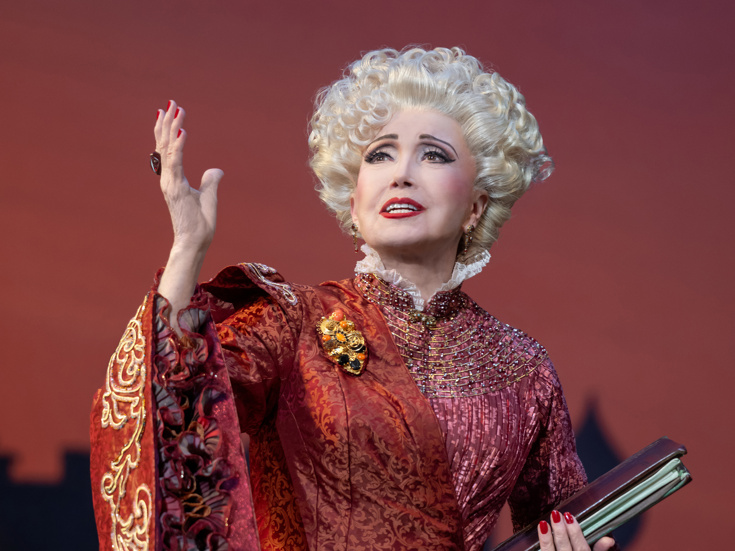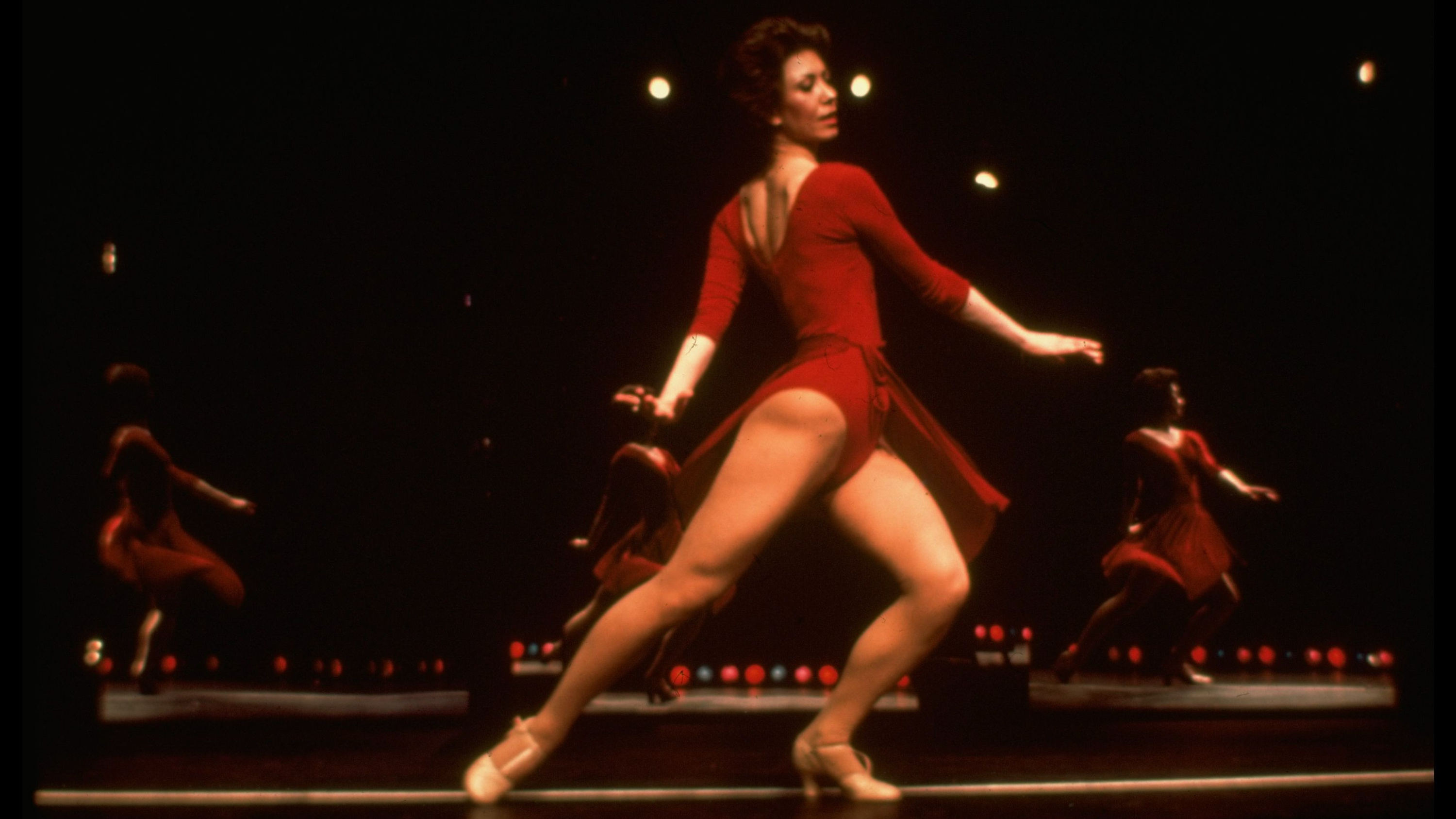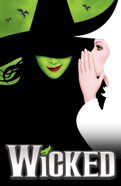In Wicked, Donna McKechnie Is Stirring Up Broadway Magic Like She Never Left

(Photo: Joan Marcus)
“When did I do eight shows a week?” Donna McKechnie muses to herself just days before starting her run as Wicked’s new Madame Morrible. She eventually decides that—with the exception of summer stock—her last time with such a rigorous performance schedule was the 1996 revival of State Fair, in which she fittingly played aspiring Broadway star Emily Arden. “It has been a long time,” she laughs. Of course, it also took no time back in a rehearsal room for her to confirm, “Oh yes, I’ve done this before.”
It’s just what you’d expect from the woman who built the template for A Chorus Line’s Cassie, the implacable dancer who’s far more interested in being on stage than being in the spotlight, even if the spotlight is what she deserves. McKechnie won a Tony Award for the role in 1976 and it remains her career-defining performance—though her illustrious mop of hair is also indelibly linked to the “Turkey Lurkey Time” dance break from Promises, Promises.
Now, on the heels of Wicked’s landmark 20th anniversary, McKechnie is back in her natural habitat at the behemoth Gershwin Theatre. And like a true Broadway stalwart, she spends the morning of her dress rehearsal lauding the musical’s pair of incoming of stars and invoking life lessons from the late, great Chita Rivera.
Now that you’ve spent some time behind the curtain, tell me what it’s like inside the world of Wicked on Broadway.
There's a certain amount of tension and excitement, but because they've been doing it for 20 years and they know what they're doing, it's kind of a calm. That was a surprise to me when I started working backstage. Before I started rehearsing, I saw the show again because the first time I saw it was in the beginning—and I loved it. But this time, the whole show hit me in such a moving way. So many shows are so loud, you know what I mean? It kind of creates more excitement if it's loud and fast. But this was just gorgeous. I went, “Wow, I'm so blessed to be in a hit show again.”
What’s your take, so far, on Madame Morrible as a character?
She's kind of like the other side of the tracks. She puts on a face of arrogance or I'm better than, and we are better than other people. She has a lot of pain and anger and she's blind from her ambition. Her perception of everything is distorted because of her pain and her bitterness not being in a better place. And that's kind of going on today. I think it's always going on. It's part of the human condition. So I'm working with those elements, but it's not something I have to really go think about, honestly, because it's there. It's in the writing. I have fun with it. And there's a lot of bouncing off Alexandra and Mary Kate.

(Photo: Martha Swope/New York Public Library)
Has it been fun watching Mary Kate Morrissey and Alexandra Socha grow into the roles of Elphaba and Glinda?
They're brilliant, honest to God. I'm just stunned. They're just fantastic. I know Mary Kate has been in the show and covered, and she deserves to be starring on Broadway. It's such a demanding role, as you know, and she's just fantastic. And Alexandra is just—I mean, she looks like she's 12. And she's like a little sprite with that big skirt. But I'm so impressed with her work. So funny, and sings like an angel.
Have you adjusted to the enormity of the Gershwin Theatre yet?
That place is so vast. And when I first got there, they said, “Well, we have these cue lights because you won't be able to hear anybody on stage.” I went, “What?” So that's a big adjustment. Because the audience here is great, but we don't hear it the way that they hear it. So one of my big treats for the Sunday matinee is I'm going to be in the pit with the conductor. I won't have another chance to hear that whole sweep of music.
When you’re in a show, how do you typically spend your offstage moments? Relax in your dressing room? Watch from the wings? What’s your typical routine?
Well, I have no routine. The thing that's great about this is there are no fast changes. I am able to go back to the dressing room after every scene if I need to do something. Or there are spots in the wings where I can sit. They have the Morrible Stool right there. But I like to stay in the show. It's important to see what people are doing to stay with that energy, to keep that focus. I certainly will be doing that a lot in the beginning. But in all the shows I've done, I've never really relaxed in that way.
"When actors, dancers, singers are given the chance to do what they love, there's a very special energy in that." –Donna McKechnie
You’ve had an incredible career on stage and have so many lifelong fans because of the roles you’ve played. Do people still come up to you with paraphernalia from A Chorus Line or Promises, Promises?
They do! The theater fans—and the Dark Shadows fans—my God, they bring their grandchildren. They’re wonderful. I see all these collector’s items. They say, “Would you sign this?” And of course I'm happy to do it, but I don't even have a collection of things from shows I've done. But it's a great compliment, and I never ever take it for granted.
Your last stint on Broadway was standing by for Chita Rivera in The Visit in 2015—her last Broadway role. Do you have any memories that stand out from that time with Chita?
I never went on and I knew I wouldn't. I told Chita this. I said I was so terrified to do a standby because I'd never done it. I always had to be over-rehearsed. But when I calmed myself down, I said to myself, “Wait a minute, it's Chita. She's never going to be out.” And she never was. The last day, they thought she was going to be out. She was losing her voice and I went, “Oh God, no, she's not going to be out. She's going to crawl on that stage if she has to.” And she was fine. So she is my inspiration when I really get tired. I see her as my beacon. She just held that bar high. She was doing all these morning TV shows and doing the show at night, and the voice was going to go, but she did that last show.
What does that rigorous Broadway schedule feel like to you?
It’s mother’s milk to me. As soon as I got into the rehearsal room, I go “Okay, yeah, my feet are going to hurt, these shoes pinch.” But that's all expected. That's part of it. It's funny, I had a really nice chat with Tommy Tune a few weeks ago, and I told him I was doing this and I said, “God, it’s gonna be eight shows a week.” And he said, “Don't worry. Energy will create energy.” And it does. And I know I'm not alone in this feeling, but when actors, dancers, singers are given the chance to do what they love, there's a very special energy in that.
This is another Chita quote, I hope you don't mind: This is why people love theater—because it's all about the connection and that love. It’s all about love. I've said this many times before when I teach—Cassie's line when she says, “I want to do what I love as much as I can and as long as I can.” That kind of sums it up for me. Because even when you're tired and you think, “I can't do this again,” you rise to the occasion because of your connection with the passion and the love. And that connects to other people.



